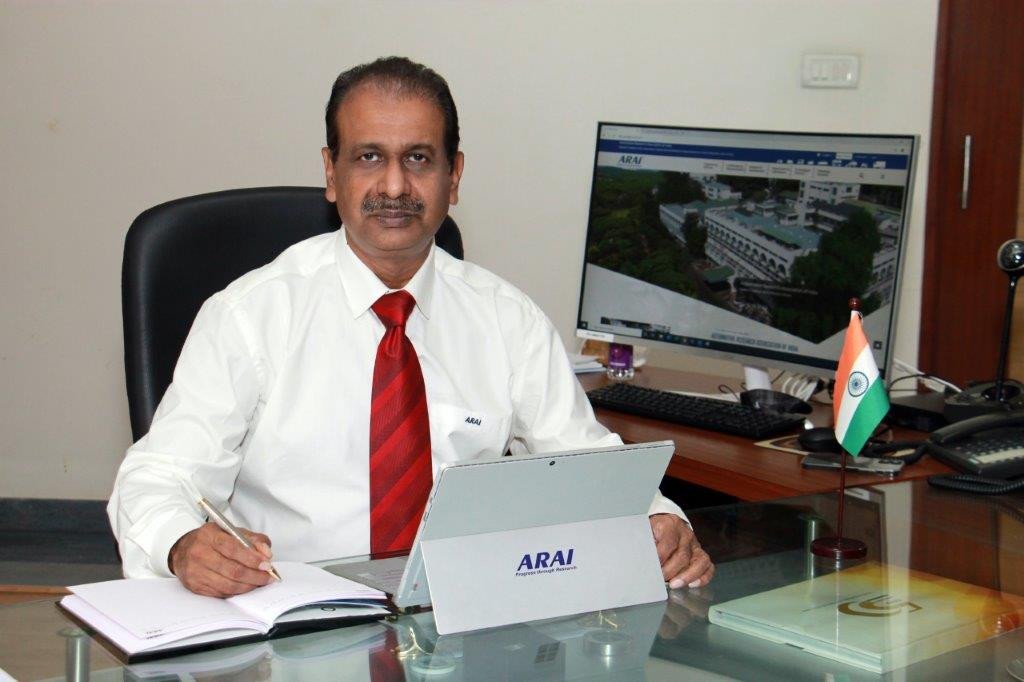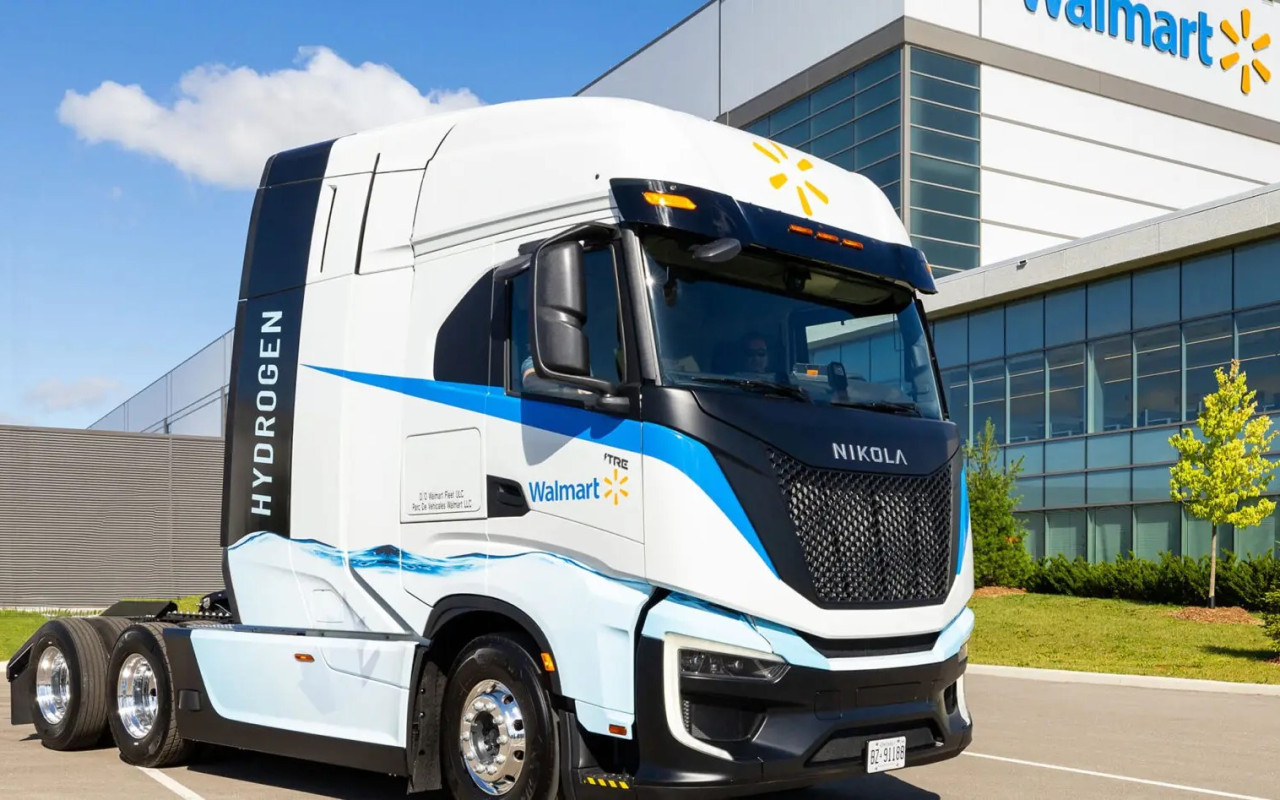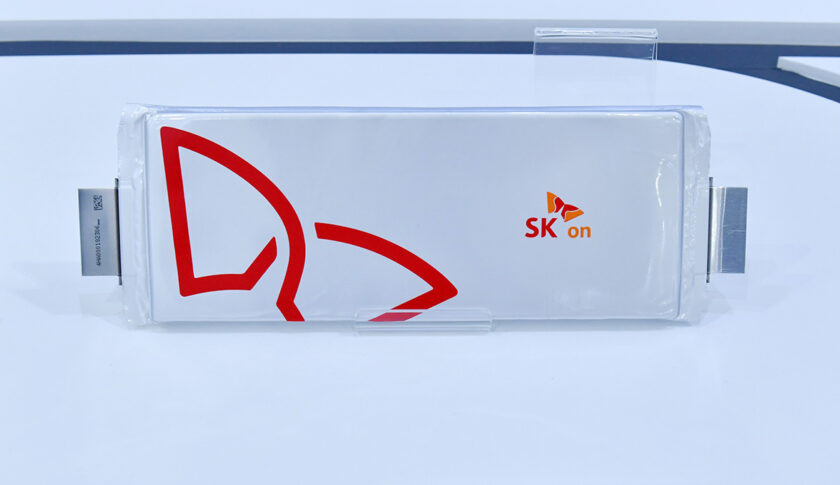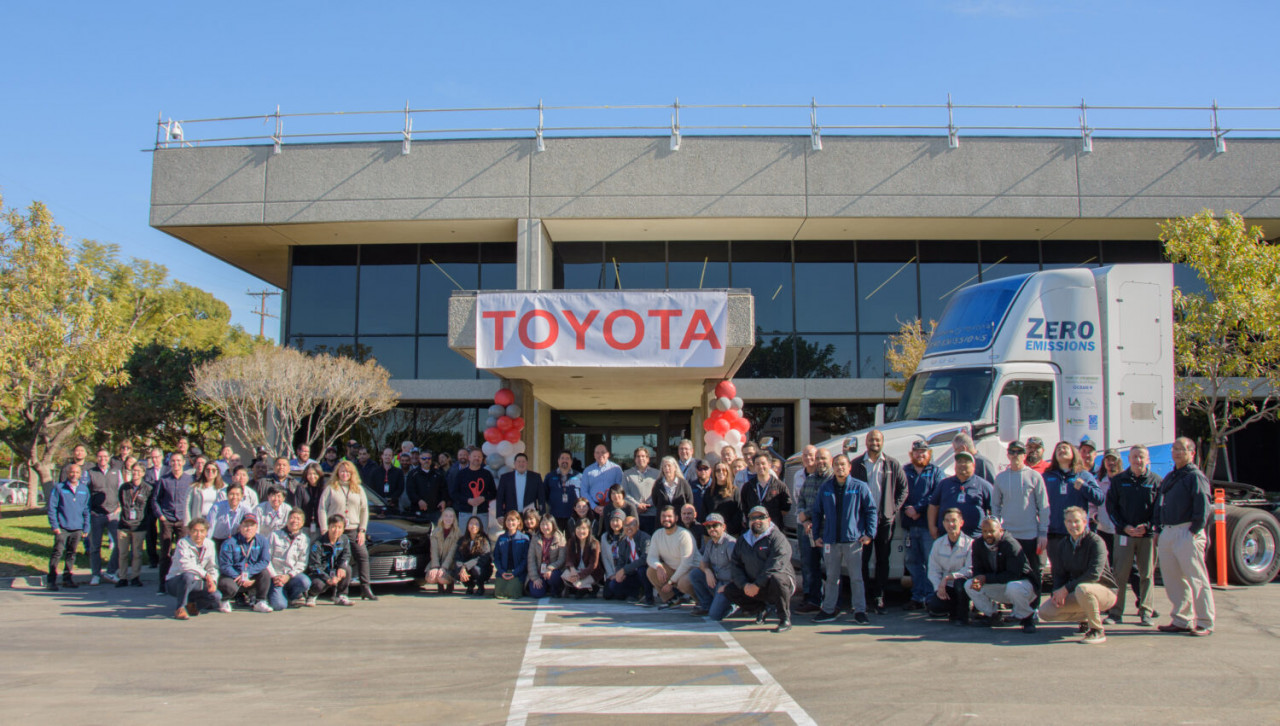Leveraging R&D for sustainable e-mobility solutions
Dr. Reji Mathai, Director- The Automotive Research Association of India (ARAI), speaks on his new role, developments in automotive research, future fuel technologies for sustainable transport, and much more in an exclusive interview with Ashok Thakur, Chief Editor - ETN
Q. Congratulations on your new role as Director of ARAI. What are your plans for ARAI for 2021, specifically for e-mobility adoption in India?
ARAI is the leading testing and research Institute for the automotive industry in India and hence setting up state-of-the-art test facilities and trained manpower in different technology streams is the priority. The Centre of Excellence (CoE) for e-mobility (established at ARAI – HTC, Chakan) is fully operational to extend its support to EV manufacturers, Tier 1,2 suppliers, etc., for testing different EV components and systems, besides full vehicle Electromagnetic Compatibility (EMC) performance. The centre has motor test beds, battery-pack level test system, cell and module level battery performance test system, battery emulators, environmental chambers, chassis dyno for EV-HCV, battery test rig, etc. Also, our passive safety lab is fully geared up to undertake EV crash tests.
Developing indigenous competencies is another focus area wherein we have developed technology for EV chargers, E-axle powertrain kit for e-3W, etc. which are at various stages of commercialization.
Identifying key components for import substitution and providing support for setting up a manufacturing eco-system through collaborative developmental work will be one of the plans for the coming years.
Support from the Department of Heavy Industries, Ministry of Heavy Industries, and Public Enterprises (DHI) for fostering the development of indigenous solutions through our TechNovuus platform will enable us to provide cost-effective technologies to the mobility fraternity.
Q. What are the new developments in automotive research you aim to accomplish?
We are working in various domains of automotive technologies, including e-mobility. Facilitating usage of alternative fuels, light-weighting materials, batteries, and Advanced Driver-Assistance Systems (ADAS) are some of the developmental areas.
Reducing carbon footprint is the main driver which can be achieved through multifaceted research. So, steps to improve vehicle efficiency (light-weight) or adopting low carbon-intensive fuel, improving battery efficiency through thermal management, etc., will continue to be the major plans. Framing a long-term regulatory roadmap to address safety and related research work will also figure in the task to be done.
Q. With an array of industry experience, what are the key areas that you aim to accelerate innovative developments?
Light-weight battery and ADAS technologies are the primary areas, which I believe will add tremendous value to the industry and so, we at ARAI are very keen to pursue the development of cost-effective technologies and solutions in these areas.
Additionally, as the EV industry is expected to grow in the future, we will be focusing on the indigenization of critical components.
Alternate fuel technologies are another area of focus for ARAI wherein work on ethanol, DME, hydrogen-based fuel cells, biofuels, etc., is being carried out.
Also, I am confident that through our TechNovuus platform, we will enable the development of indigenous technologies, which will be very useful for the industry, specifically for the Micro, Small, and Medium Enterprises (MSMEs).
Q. ARAI has collaborated on green fuel technologies for sustainable future transportation. Tell us more about that.
ARAI is at the forefront of developing alternative fuel technologies for the auto industry. We have signed an MoU with Praj Industries in bio-fuels to jointly develop and promote ethanol-based mobility solutions.
Hydrogen fuel cell-related basic research work is also being initiated wherein a power train test facility will be established.
We have developed dual-fuel technology for diesel engines (diesel + CNG) for SUVs, tractors, off-highway vehicles, and buses. The technology has been recently notified in Central Motor Vehicles Rules (CMVR) and recently a dual fuel off-highway vehicle was launched in India. Some manufacturers are also expected to launch their dual-fuel vehicles soon.
Q. The e-mobility space in India is growing, what are your thoughts on the new wave of sustainable transportation?
The government of India is aggressively promoting e-mobility and focusing on building enablers such as charging infrastructure, battery production, and incentives to boost demand. Many global and local original equipment manufacturers (OEMs) are already working on their strategies for introducing EVs. I believe, even though we have moved slowly in adopting the EV revolution, we have the benefit of the robust policy framework and environment. This transition to electric mobility has the potential to reduce oil imports and address air pollution in cities. Also, it can spur the growth of new industries and activities. Further, we must build on our current competence in auto manufacturing to have the edge of being an internationally competitive manufacturing hub.
Public transport is a major area where electrification of the powertrain is bound to bring in tremendous benefits specifically for State Transport Undertakings (STUs), as it will provide an opportunity to reduce the total cost of ownership and improve their financial sustainability. This is acknowledged by one and all and accordingly, the government of India is promoting electric buses across cities for public transport.
Various schemes like Faster Adoption and Manufacturing of Hybrid and EV (FAME), will act as an enabler. The fine print on the production-linked incentives (PLI) scheme is awaited, which is expected to provide the much-needed impetus for the growth of the EV ecosystem.
Q. Energy storage is a key technology in transition to green energy and clean transportation. What kind of R&D is ARAI working on in this space?
Technology development in energy storage is indeed the need of the hour. We have a dedicated team at ARAI working on a wide range of projects in this area. Significant work is carried out for the development of a mobile energy storage device for e-2W and e-3W. This is a quick automatic docking solution for fast battery exchange for e-2W and e-3W.
Further, a material-based solution for Indian used cases for e-2W and e-3W with Li-ion batteries is under development. This is to address thermal conductivity, higher resistance and at the same time ensure, not too much weight is added.
Working on the development of recycled battery materials, alternate materials, material level characterization, material level analysis, degradation, and failure analysis.
Q. Green hydrogen and fuel cell technology is gaining traction in India, tell us about ARAI's work in green hydrogen adoption?
Hydrogen/ fuel cell technology is being considered as a viable option for the mobility segment globally to cut down emissions and reduce dependency on conventional fossil fuels.
Prototypes of hydrogen-fuel and hydrogen-based fuel cell-operated buses and cars have been demonstrated in India by some OEMs and probably we can expect few launches this year.
In line with the anticipated future mobility scenario, ARAI is leveraging our competency in the hydrogen-based fuel cells area, in collaboration with other stakeholders. We are focusing on selection and integration of fuel cells; thermal and water management; fuel cell/ battery interaction and optimization; design selection of Balance of Plants (BoP); performance optimization; field tests; robustness trials; safety; etc. Initially, we would be demonstrating fuel cell as a range-extender to battery-operated EVs and focusing on e-3W, SCV, and intercity buses to convert it into fuel cell-based range extender EVs.
We played a very active role as a member of the working committee, in drafting the recently notified standard by Ministry of Road Transport and Highways (MoRTH), i.e. AIS 157 for Certification of Hydrogen Fuel Cell-Based Electric Vehicles.
Also, ARAI is working on the establishment of basic test facilities for the development and certification of fuel cell stacks up to 150 kW applications and testing of cylinders at our Centre of Excellence for green mobility in ARAI-HTC, Chakan.



















